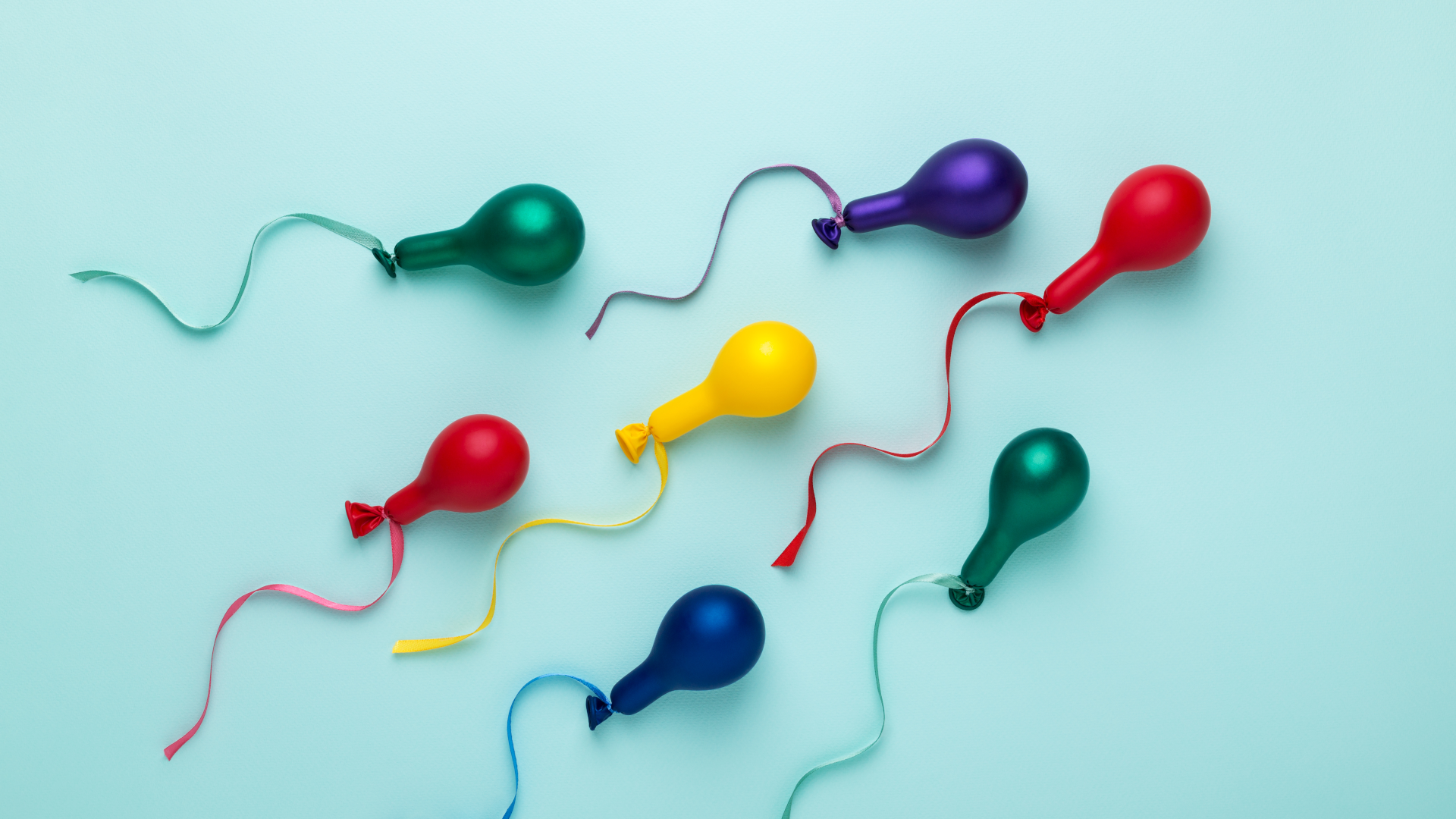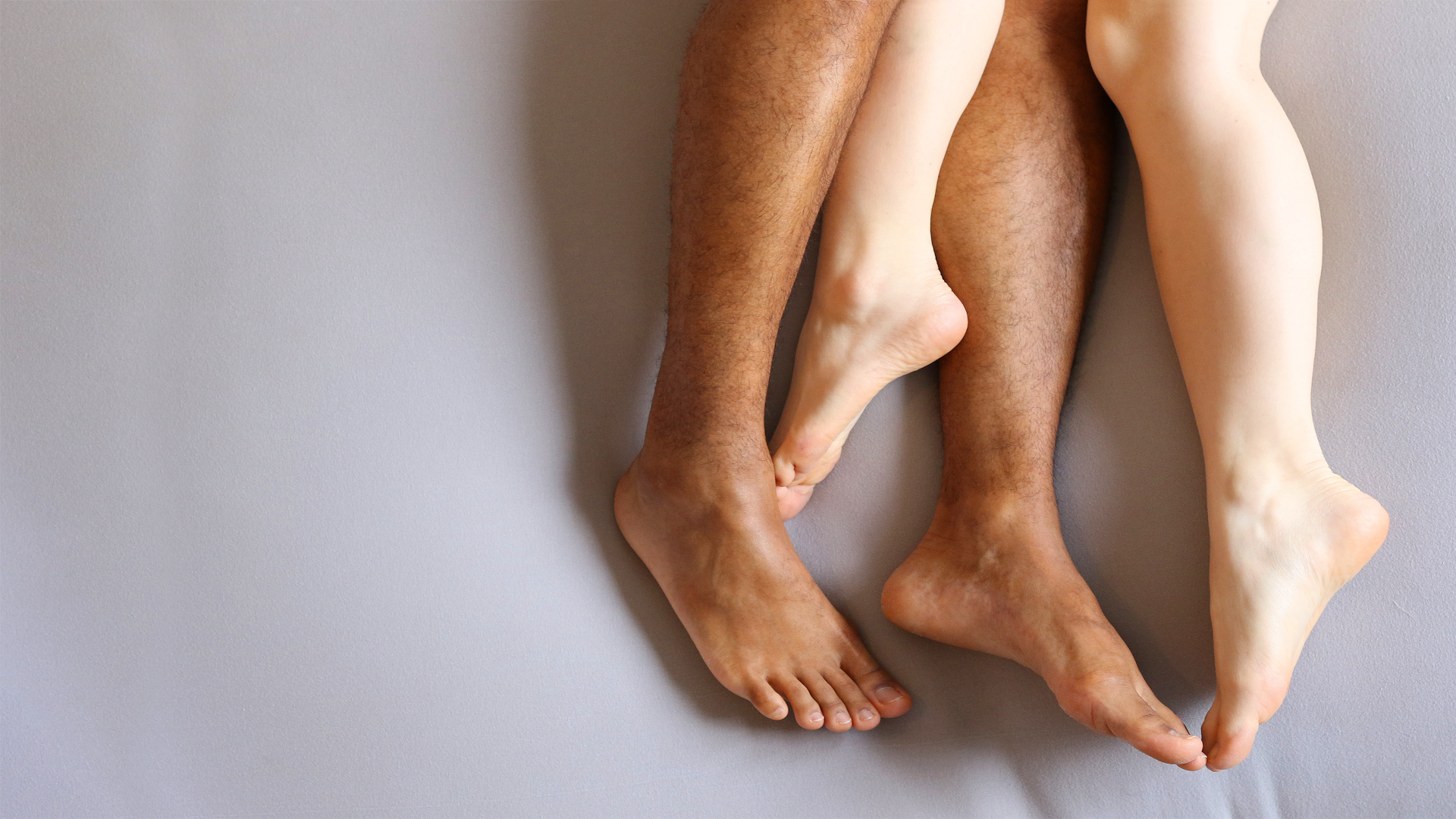Supercharge your day… |
Aging is inevitable, but the typical signs of growing old don’t necessarily have to be.
You can still remain fit, healthy, strong, virile, and full of energy as the years pass— it’s all about taking care of your sex hormones.
Your sex hormone levels have a huge impact on multiple areas of health, fitness, and overall wellbeing—so it’s important not to let them dip too low, despite the tendency for them to drop slowly and steadily over time.
So, let’s look at what your sex hormones are, what happens to them as you age, and what you can do to reduce their decline and keep yourself feeling young.
Ready? Let’s dive in.
What Are Male Sex Hormones?
Testosterone is the big one. It’s what we associate with masculinity and strength, but there are several other important androgens (the technical term for male sex hormones) too…
Although these other androgens aren’t quite as vital as testosterone, they all have important functions in the body—and there are multiple interaction effects between them.
As these androgens are closely interlinked, raising your testosterone levels will have an impact on the others—so you don’t need to focus on each one separately to maintain good health as you age.
What can you do to keep your androgen levels up as you age then? And why do they start to drop in the first place?
Let’s see.

How Does Age Impact Male Sex Hormone Levels?
Once you reach your thirties, your testosterone levels start to plateau, after steadily rising during your teens and twenties.
Then from around the age of 40 or so, your testosterone levels begin to decline. It’s not by much, just around 1 to 3% per year—but over time, this can really add up.
Thankfully, this doesn’t pose a problem for every man, and it can largely go unnoticed. It’s estimated that only around 10 to 25% of older men have testosterone levels that are considered medically low, with most men sitting well within the normal range.
This steady decrease in hormone levels is called andropause or late-onset hypogonadism. You may also hear it called ‘menopause’ or ‘male menopause’, but these terms aren’t particularly accurate.
It might seem easy or logical to make a comparison between andropause and menopause in women, but there are some major differences.
For one thing, women’s estrogen levels decline much more quickly and steeply than testosterone does in men.
Another key difference is the severity and permanence of the effects. In women, menopause is not reversible, and it can interfere drastically with their everyday lives. Whereas the symptoms of low testosterone aren’t always apparent and may not cause problems for men. It’s also much more treatable and manageable.
Having less testosterone than you did in your younger years can still have an impact. But there are things you can do to reverse the trend—which we’ll take a look at in a moment (buckle up).
First, let’s go through what you might experience as your testosterone production begins to falter.
What Are the Symptoms of Low Testosterone?
The age-related symptoms of declining testosterone are fairly recognizable, and can include…

It’s worth pointing out here that not all of these symptoms will necessarily occur, and even if they do, there could be other biological or medical reasons for them.
But, age-related decline of testosterone and other hormones is something that can play a part in any and all of the issues stated above. The good news is, it’s something that you can act upon.
What Can You Do To Combat Testosterone Deficiency?
So, what can you do to reverse or manage low testosterone levels as you age? We’re going to look at the most practical and powerful T-boosting solutions available to you right now.
Testosterone replacement therapy (TRT)
One potential option is testosterone therapy. But, this is a medical procedure that requires a clinical diagnosis—so it’s really only for men with significantly low levels of testosterone and whose deficiency is impacting their overall health.
If your doctor has reason to suspect problems with hormone production, then blood tests will be able to confirm the issue and you could get the green light for testosterone therapy.
Exogenous testosterone treatment may then be required in the form of injections, gels, capsules, or skin patches.
But what if you don’t have medically low testosterone levels? What if you just want to maintain or give a boost to your androgen production as you age?
Thankfully, there are plenty of lifestyle factors that can halt testosterone decline too.
Diet
A simple place to start is with your diet. What you eat and drink has an impact on how your whole body operates, and your testosterone levels are no different.
Cutting out (or at least way down on) things like sugar, alcohol, and processed foods is not only better for your waistline—it also has a positive impact on hormone production.
Along with what you eat, make sure to monitor how much you eat. Consuming too many calories each day leads to an accumulation of fat mass (particularly around the stomach), which then leads to an increase in estrogen production.
This excess estrogen comes at the expense of testosterone, which can cause further weight gain. It’s a vicious cycle that you don’t want to get involved in.
Top tip: Check out our essential rundown of testosterone-boosting foods to improve your T-levels through diet.
Exercise
Increasing your daily activity levels is another way to fight off testosterone decline.
Muscle growth is great for testosterone production, so hitting the weights a couple of times a week can provide a huge boost to hormone levels.
You don’t necessarily have to weight train, though. Simply getting up and moving around more can help you bring testosterone levels up.
You simply need to burn more calories each day than you consume. This will reduce your body weight and help your body produce more testosterone instead of estrogen. Awesome.
Lifestyle changes

A few lifestyle factors can also impact your testosterone levels for the better.
Minimizing stress and getting good quality sleep each night is huge for hormone production.
Being tired and stressed out increases cortisol production, which then creates a negative feedback loop in your hypothalamic-pituitary-gonadal axis (HPG axis), therefore preventing the release of sex hormones.
Chemicals can also interfere with hormone production, like the bisphenol-A (BPA) that is found in much of the packaging we use in our daily lives.
Water bottles and plastic tubs, tins, and paper receipts all contain BPA, which is similar in structure molecularly to estrogen. So avoid these wherever possible.
Many of our grooming and cleaning products contain chemicals that are harmful to our testosterone levels, too. If you see ingredients that end in ‘paraben’ on the label, replace those products with organic alternatives that won’t interfere hormonally.
Finally, don’t stay cooped up indoors all day. Get outside for some natural sunlight. Vitamin D deficiency is closely linked to testosterone deficiency, so raising your vitamin D levels can help you maintain normal testosterone levels.
Supplements
Along with making changes to your diet, fitness routine, and general lifestyle, you can also boost your testosterone levels with a supplement.
Certain ingredients that have been linked to enhanced testosterone are hard to come by through diet alone, whereas testosterone supplements can provide them in one easy dose.
Panax ginseng is one such ingredient. This is a herb that increases the sensitivity of your androgen receptors. This not only increases the amount of free testosterone that circulates throughout your body, but it also enhances sperm count and erectile function by improving blood flow.
Fenugreek is also great for sexual function and free testosterone levels, as well as being able to boost your libido when it's low and increase your total serum testosterone levels.
Other ingredients to look for are ashwagandha and D-aspartic acid (DAA). Both of these are able to increase the release of luteinizing hormone (LH) in the pituitary gland.
This additional LH then aids testosterone production and regulates how much is bound to proteins like sex hormone-binding globulin (SHBG).
Should You Take Testosterone Supplements?
One of the best things you can do if you are worried about declining hormone levels as you age is to take a testosterone supplement.
Daily doses of ingredients like fenugreek, ashwagandha, Panax ginseng, and DAA can halt or reverse the decline of testosterone that men experience with advancing age.
TestoPrime contains all four of these ingredients for reducing androgen deficiency in one supplement. It’s a much safer alternative to testosterone replacement therapy, and is a simple way to stimulate hormone production without having to make multiple lifestyle changes.
If you want to take back control of your sex hormone levels during the aging process to improve your health, fitness, and libido, a proven testosterone booster like TestoPrime is the perfect place to start. Go get some.





